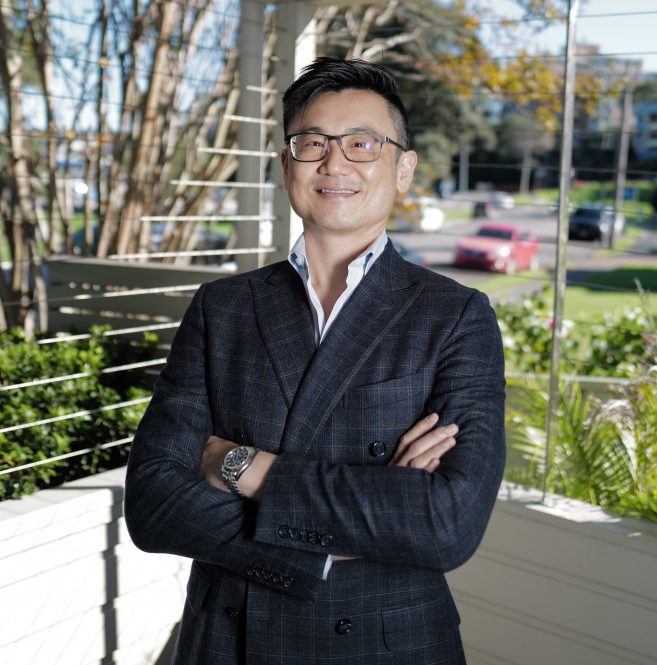- Comprehensive Breast Care for Sydney
- New website Same Amazing Team!
- Get In Touch!
Breast implant exchange refers to a surgical procedure in which existing breast implants are removed and replaced. This may be undertaken for medical, reconstructive, or personal reasons. At the Oncoplastic Surgical Centre, specialists in reconstructive and oncoplastic breast surgery perform this procedure as part of comprehensive breast care.
The approach is based on medical assessment, current evidence, and collaboration with each individual regarding their clinical needs.
Breast implants are medical devices that may require replacement after a period of time. The reasons for undergoing implant exchange can vary and may include:
The decision to proceed with surgery is based on a detailed assessment and shared discussion between the patient and surgeon.
A preoperative consultation is conducted to evaluate the individual’s health, surgical history, and implant condition. This may include:
The purpose of this consultation is to provide clear, medically grounded information so that individuals can make informed decisions about their care. No guarantees are offered regarding specific results.
Implant exchange is performed in an accredited hospital or day surgery setting. The exact surgical approach depends on several factors, including the position of the current implant, the presence of scar tissue, and overall tissue quality.
During the operation, the existing implant is removed. In some situations, part or all of the capsule surrounding the implant may also be removed or modified. A new implant is then inserted, following the agreed surgical plan.
Anaesthesia type, duration, and hospital stay vary depending on clinical requirements. Patients receive information regarding postoperative care and follow-up appointments prior to surgery.
Recovery following implant exchange involves a period of rest, wound care, and scheduled clinical reviews. Patients are provided with written postoperative instructions and information on when to resume regular activity.
Temporary swelling, discomfort, or bruising can occur after surgery. These are monitored during follow-up visits, where the surgeon assesses healing and implant positioning. Ongoing care may include imaging or review appointments to monitor long-term implant condition.
All surgical procedures involve potential risks. In implant exchange, these may include:
Possible risks and complications are discussed in detail during consultation to support informed consent. Each person’s response to surgery varies, and outcomes depend on individual anatomy, healing, and medical history.
This provides general information about Implant Exchange. It does not replace a consultation, clinical assessment, or individualised planning.
Implant exchange may be recommended if there are implant-related concerns such as rupture, leakage, changes in shape, capsular contracture, or findings on imaging like MRI or ultrasound. Some individuals also seek an exchange as part of reconstructive refinement or to change implant size, type, or position. A consultation and clinical assessment help determine whether replacement is indicated.
Not necessarily. Implant exchange provides an opportunity to reassess implant size, profile, material (silicone vs. saline), and placement based on current clinical needs and personal preference. Your surgeon will discuss the available options during consultation, including whether maintaining your current size or choosing a different configuration is appropriate.
The complexity varies. Implant exchange can sometimes be more detailed than the initial augmentation or reconstruction, especially if scar tissue (capsule) needs to be removed or modified, or if implant rupture or tissue changes are present. The specific surgical plan is determined after reviewing your previous surgeries, current implant condition, and imaging findings.


Take the first step towards expert care—schedule your consultation with Oncoplastic Surgical Centre today and receive personalised treatment from Dr. Paul Chen and his team.




